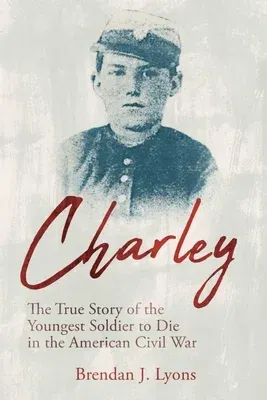In early April 1861, the streets of West Chester, PA, echoed with the
sound of a rattling snare drum. The orders it marked out could be heard
for blocks around - about face, advance, retreat, company rest - but
there were no troops in the city to hear it. The Civil War, though it
loomed heavy on the minds of everyone in the nation, had not yet begun.
Fort Sumter would remain in Union hands for another two weeks and the
secession crisis in the south was yet still only a war of words.
But on the one hundred block of Barnard Street, the children had already
mustered. The children were already marching. And Charley King, a boy of
only 11, was leading them. In a matter of days, the war would start in
earnest. In just a few months, Charley would march with the 49th
Pennsylvania Infantry into the heat of battle. And in just under a year
and a half, he would become the youngest enlisted soldier to die in the
American Civil War.
Charley marched with Company F, tapping out the cadence and relaying
orders as they fought in the ill-fated Peninsula Campaign, traveled in
the long slog through Maryland during Robert E. Lee's first invasion of
the North, and faced down enemy artillery in the woods north of
Sharpsburg at Antietam Creek. That battle remains the bloodiest day in
American history. Charley and twenty-two thousand other Americans were
killed or wounded that day. Charley's final resting place is unknown,
but he is memorialized in West Chester at Greenmount Cemetery where his
mother and father are buried. Using a wide range of sources, this unique
history reconstructs Charley's short life and the tragedy of his claim
as the youngest soldier to die in the American Civil War.

